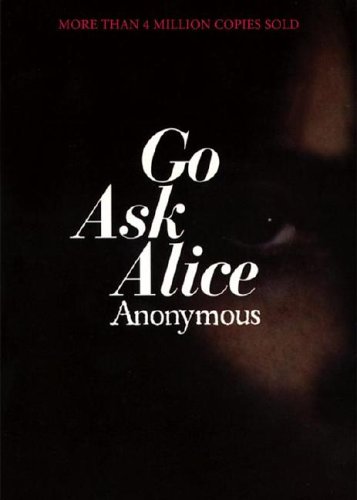Systematic Student:
atypical
Review: Fallout by Ellen Hopkins

Review: Room by Emma Donoghue

Review: You by Charles Beniot

Review: Glass by Ellen Hopkins

Review: Crank by Ellen Hopkins

Review: how i live now by Meg Rosoff

Review: Thumbing Through Thoreau — Compiled by Kenny Luck

Review: The Invention of Hugo Cabret by Brian Selznick

Review: American Born Chinese by Gene Luen Yang

Review: Go Ask Alice by "Anonymous" (aka Beatrice Sparks)

Review: Calamity Jack by Shannon Hale

Review: Tricks by Ellen Hopkins











